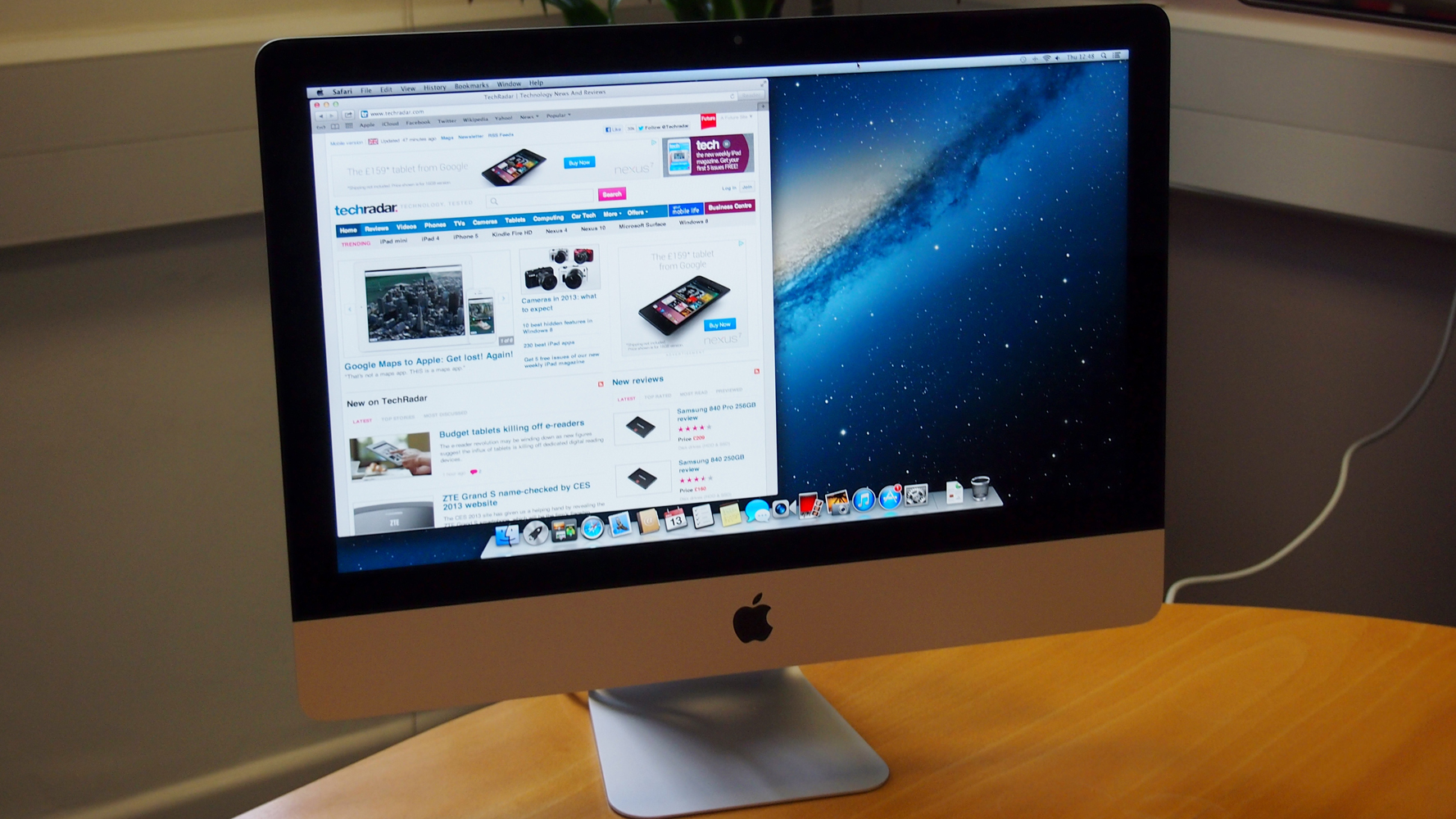Tim Cook throws hints as to what Mac model will be made in the U.S.A.
Apple's CEO may reveal more during next week's testimony

Apple is preparing to bring Mac production back to the U.S. this year, but it's still a mystery as to which family of its computer hardware will be made in its home land.
Today, however, Apple CEO Tim Cook did hint that it will begin manufacturing a new version a current Mac product in 2013, according to a Politico interview.
That means the refresh is now expected for the Cupertino company's MacBook Pro, MacBook Air, Mac Mini, iMac, or Mac Pro line.
The desktop-based Mac Mini and Mac Pro families are due for a refresh, while the MacBook Air and iMac have been rumored to be receiving Retina displays.
The MacBook Pro, on the other hand, was just outfitted with a high-resolution Retina screen, so it's unlikely to come to stateside manufacturing facilities if Cook meant what he said.
'Made in USA' Mac to go all-in
In addition to assembling the new version of an existing Mac computer at U.S. plants, Cook said that almost all of its components will be manufactured in America.
"We're going very deep in this project," Cook told Politico.
Sign up for breaking news, reviews, opinion, top tech deals, and more.
He noted many of its parts will be also be assembled in U.S. territories, including Arizona, Texas, Illinois, Florida and Kentucky.
Investment and tax avoidance
Apple's $100 million (UK£65.5 million, AU$101.9 million) investment in domestic manufacturing is sure to please U.S. politicians, but it is also facing serious criticism from lawmakers over its offshore cash holdings.
That amounts to $102 billion (UK£66.8 billion, AU$103.9 billion) that the U.S. is unable to tax, according to the company's most recent Securities and Exchange Commission filing.
Cook, scheduled to testify in Washington, D.C. next Tuesday, is likely to face a wave of scathing questions from Senators about this offshore money.
For Apple fans, more important than how he answers the tax-related questions may be whether or not Cook reveals more about that U.S.-made computer while under intense panel questioning.
